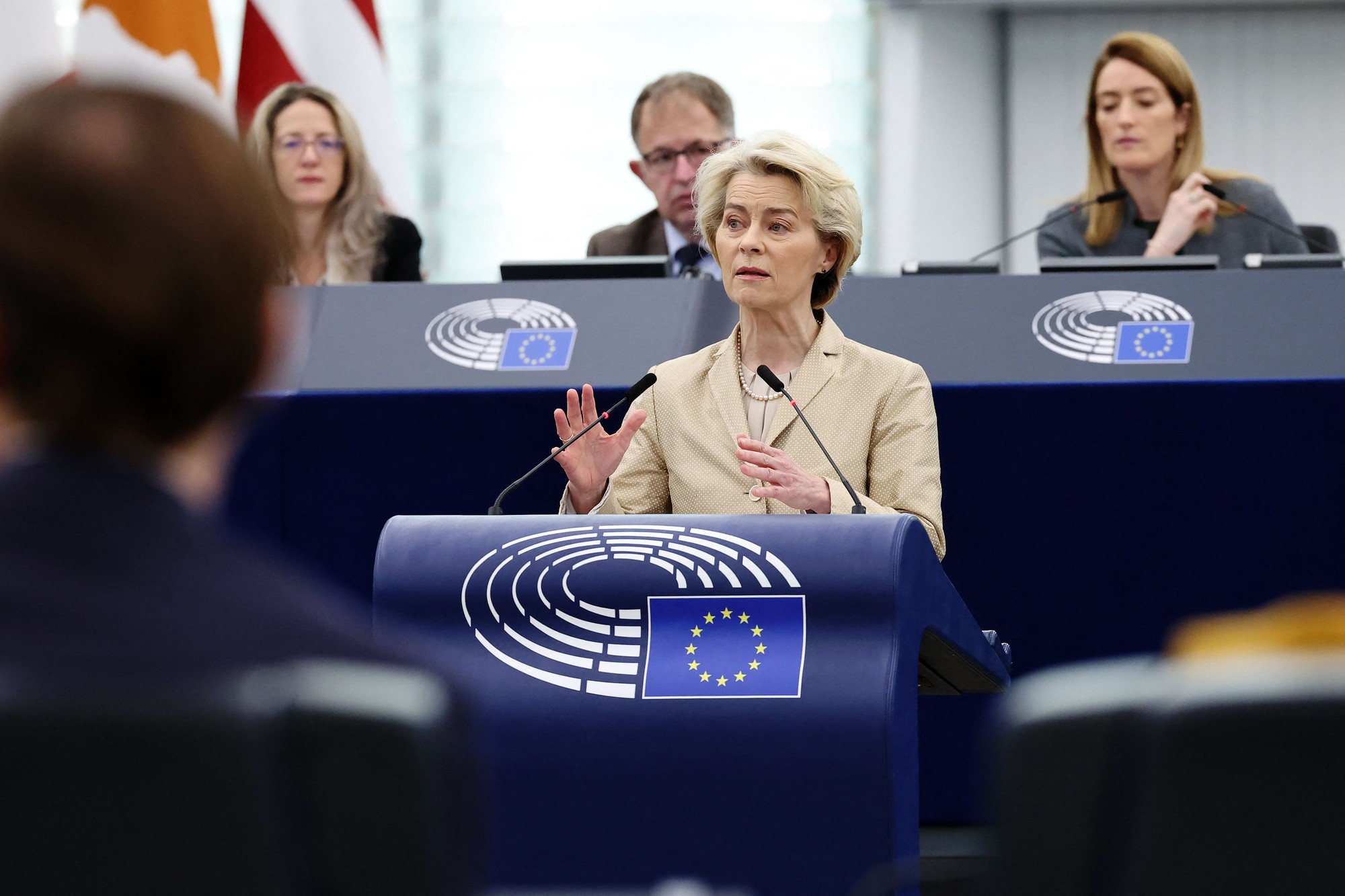Bold proposal to spend 140 billion euros on Ukraine from Russian assets: EU heated debate
A bold proposal by the European Commission to raise 140 billion euros for Ukraine from frozen Russian assets hit a major snag this week, with Belgium flatly rejecting the plan, while many other countries expressed concerns about the legal risks and financial burden, according to Euronews.

Ukrainian officials recently said the country is spending $172 million a day on the conflict with Russia. Kiev currently spends 31% of its GDP on defense. The new disclosure shows that pressure on the West to maintain aid to Ukraine is growing.
Since February 2022, the EU has provided nearly $186 billion in aid to Ukraine. But with US support increasingly uncertain under the Donald Trump administration, Europe is concerned that its current resources are insufficient. Ukraine is estimated to need an additional $153 billion in 2026–2027.
Under pressure to maintain support for Ukraine, the European Commission (EC) has proposed mobilizing 140 billion euros for Ukraine from frozen Russian assets.
At the Copenhagen conference (Denmark) on October 1, Belgian Prime Minister Bart De Wever voiced the strongest opposition, declaring that the plan “will never happen”, and accusing some EU countries of “wanting to take Russian money but leaving Belgium to bear the risk”, according to Belga news agency.
Belgium’s stance is particularly weighty because about 170 billion euros in frozen Russian assets are in Brussels. Belgium’s concerns are both legal and financial, and the country fears it will face international lawsuits if Russia demands the money back.
Mr. De Wever warned that EU countries that want to seize Russian assets should sign a guarantee that they will “take responsibility together if there are consequences”. “The responsibility must belong to all of us”, he said.
At the summit, French President Emmanuel Macron was cautious, saying Europe needed to “maintain its image as a reliable and attractive place” and stressing that “assets, even if frozen, must be guaranteed under international law.”
EC President Ursula von der Leyen defended the proposal. “This is Russia’s war, and Russia must pay the price. It cannot be left to European taxpayers,” she said. In Copenhagen, she stressed that the EU would not confiscate the cash, but would instead use it to lend it to Ukraine, which “Kiev will repay when Moscow pays reparations.”
German Chancellor Friedrich Merz was the strongest supporter, arguing that the plan should be used to “guarantee Ukraine’s defense capabilities for many years,” according to Bloomberg. “We must make Russia pay a higher price for its aggression,” Merz said.
The Kremlin called the EC proposal “blatant theft” and threatened legal action. Kremlin spokesman Dmitry Peskov warned that those who misappropriated Russian assets “will be held accountable one way or another” and said such a move would erode confidence in the European financial system.